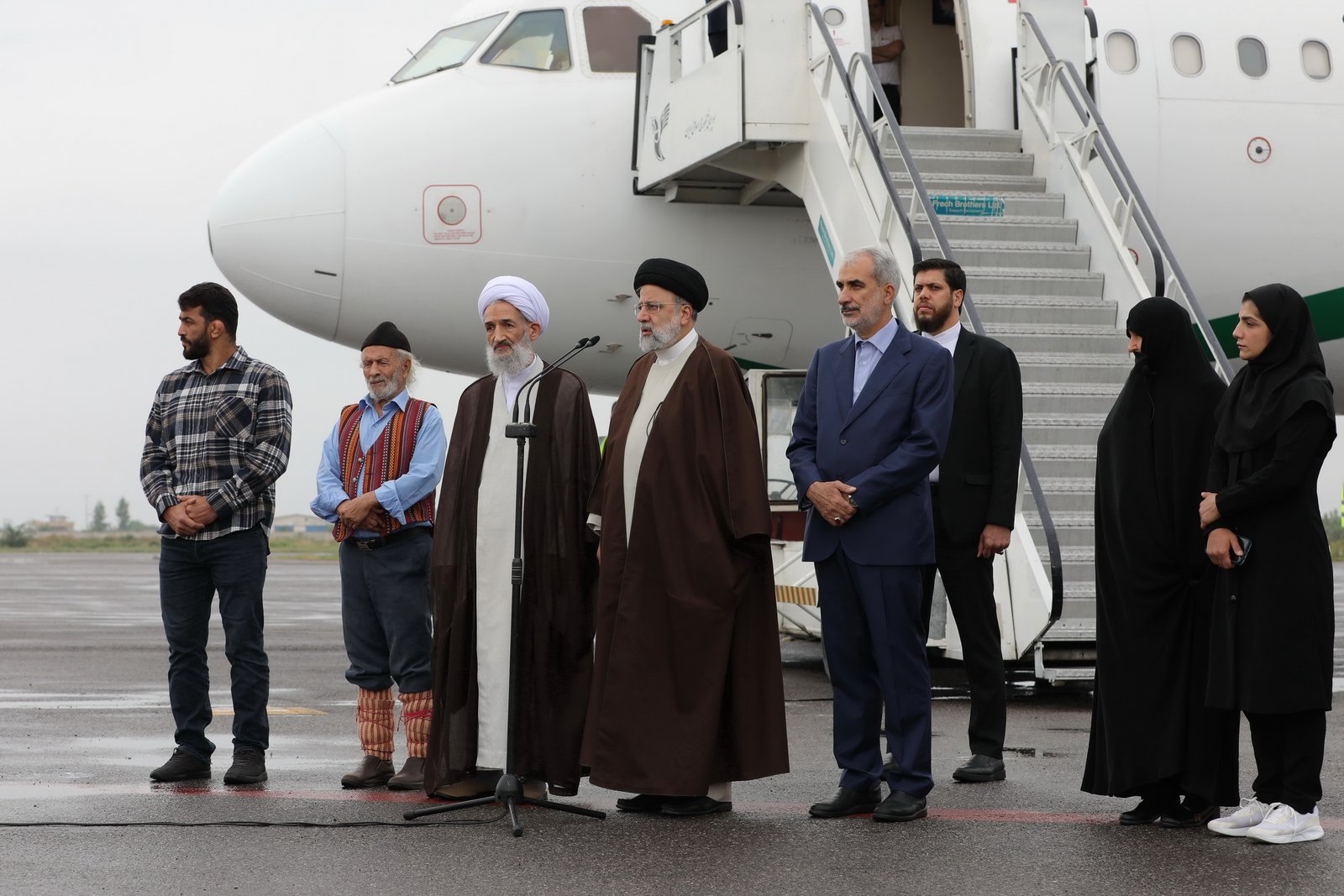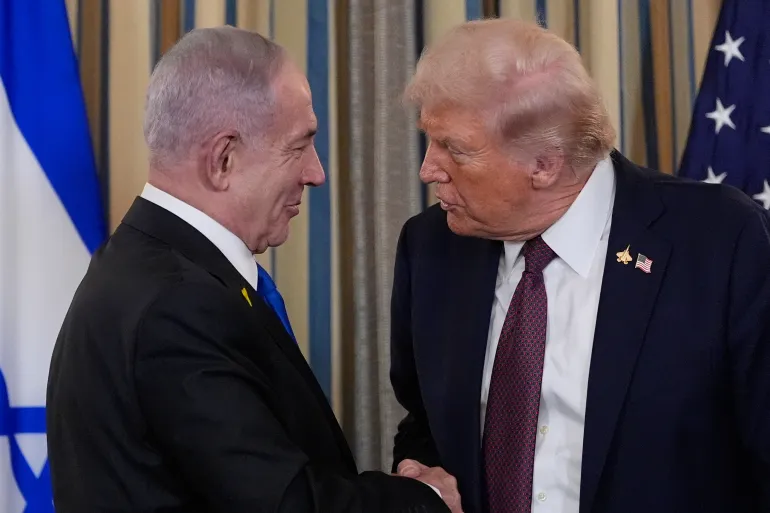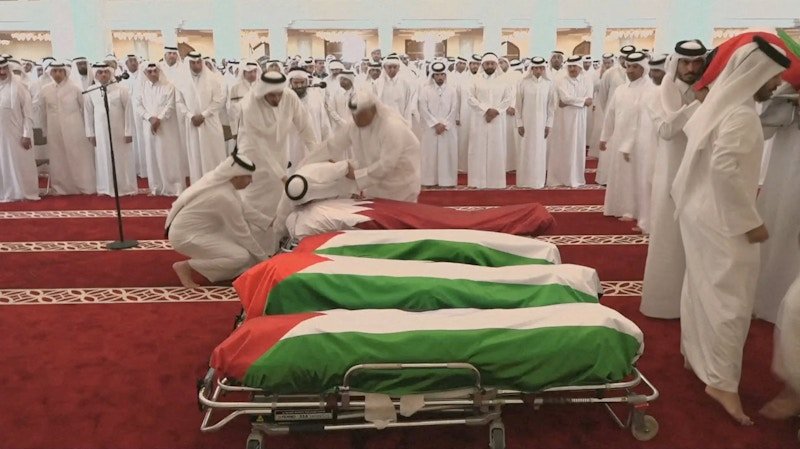Iran's Chief Justice, Gholamhossein Mohseni Ejei, has initiated the release process for over 1,000 prisoners convicted for various offenses, following his directive to address prison-related issues. This move comes during a visit by Ejei and other high-ranking judicial officials to Tehran province.
The release of these prisoners is supported by a number of charitable and social organizations, which have come forward to assist in the process. These groups, in cooperation with Iran's judiciary, have paid the necessary fines and ransom for prisoners to be released, particularly for those convicted in cases of unintentional manslaughter and unpaid loans.
Legal Framework and Charitable Support
In Iran, individuals convicted of unintentional manslaughter, such as causing death in road accidents, must pay a blood money (diya) to the victim's family. If the perpetrator cannot pay the blood money, they remain incarcerated until they fulfill the payment. Similarly, many prisoners serve sentences for failing to repay large personal or bank loans. Various charitable organizations have been established to help these individuals regain their freedom. These organizations pay the fines or ransom for prisoners who have exhibited good behavior during their incarceration.
Furthermore, prisoners in Iran are granted temporary leave to spend time with their families, with nearly 7,000 prisoners being granted leave during the recent prison inspections by the Chief Justice.
Recent Releases in Khorasan and Qom
In Khorasan Razavi province, 42 prisoners convicted of unintentional crimes were released last week as part of the Basij (volunteer) Week, with the assistance of charitable organizations. Additionally, 60 prisoners in Qom province were granted release after direct meetings between the Attorney General and the detainees. These prisoners, too, were convicted of unintentional offenses.
Historical Context
On September 19, 2024, nearly 3,000 prisoners were released from various Iranian prisons to mark the birth anniversary of Prophet Muhammad and Imam Ja'far Sadiq (AS). This release was authorized by Iran's Supreme Leader Ayatollah Ali Khamenei upon the recommendation of Chief Justice Gholamhossein Mohseni Ejei.
Independent Judicial System
It is important to note that Iran's judiciary operates independently and enforces Islamic law in line with the country's legal principles. While there are opportunities for pardons, not all convicted individuals are eligible for release, as shown by recent cases, including the public execution of a convicted serial rapist in Hamadan. The individual, who had committed at least 200 rapes over the past 20 years, was executed in a public display of justice.
Public Reaction and Judicial Transparency
Iran’s judicial system has drawn attention for its handling of severe criminal cases, particularly in cases involving violence and sexual offenses. The recent release initiatives highlight the ongoing efforts to address overcrowding in prisons and offer a second chance to individuals with the support of community organizations, while maintaining strict accountability for more serious crimes.










